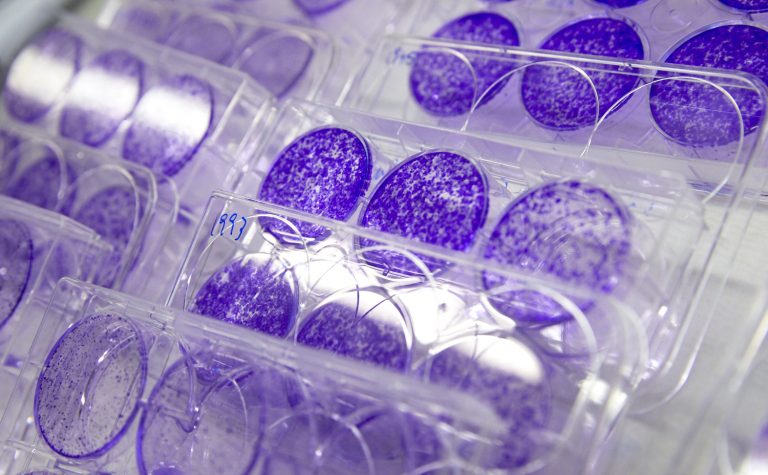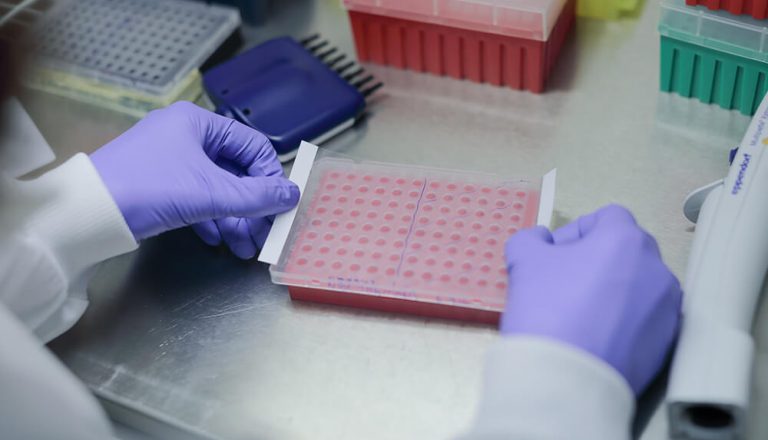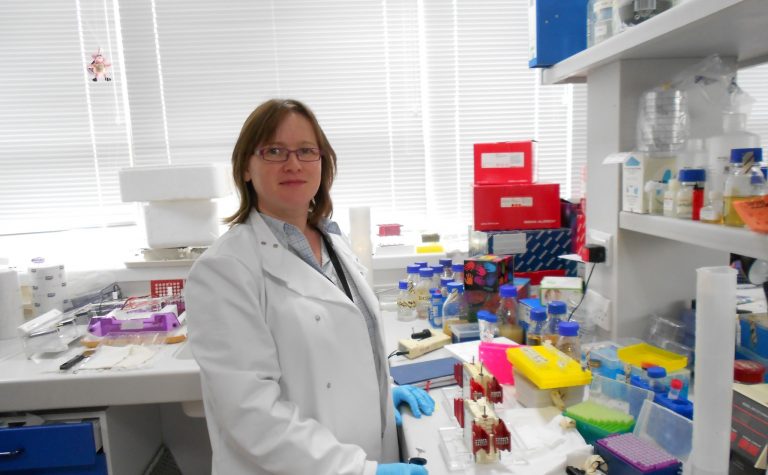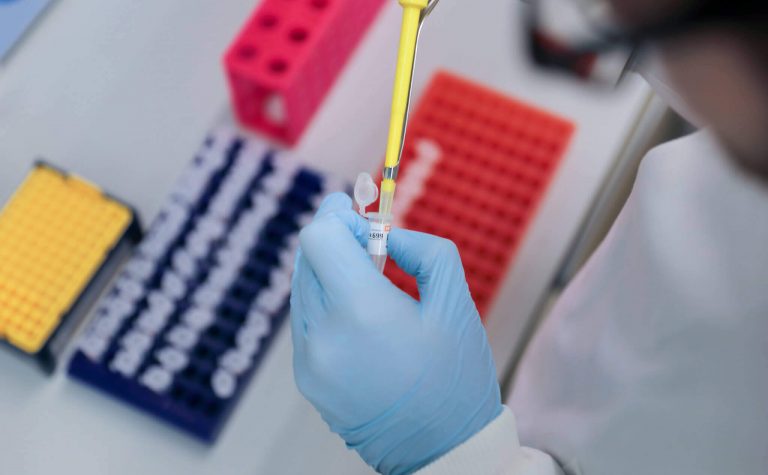Project Details
Project Title
The genetics of familial leukaemia
Lead Researcher
Dr Janet Shipley
Research Centre
The Institute of Cancer Research
City & Institution Postcode
London, SM2 5NG
Start Date
7 January 2013
Duration
39 months
Grant Amount
£113,684




